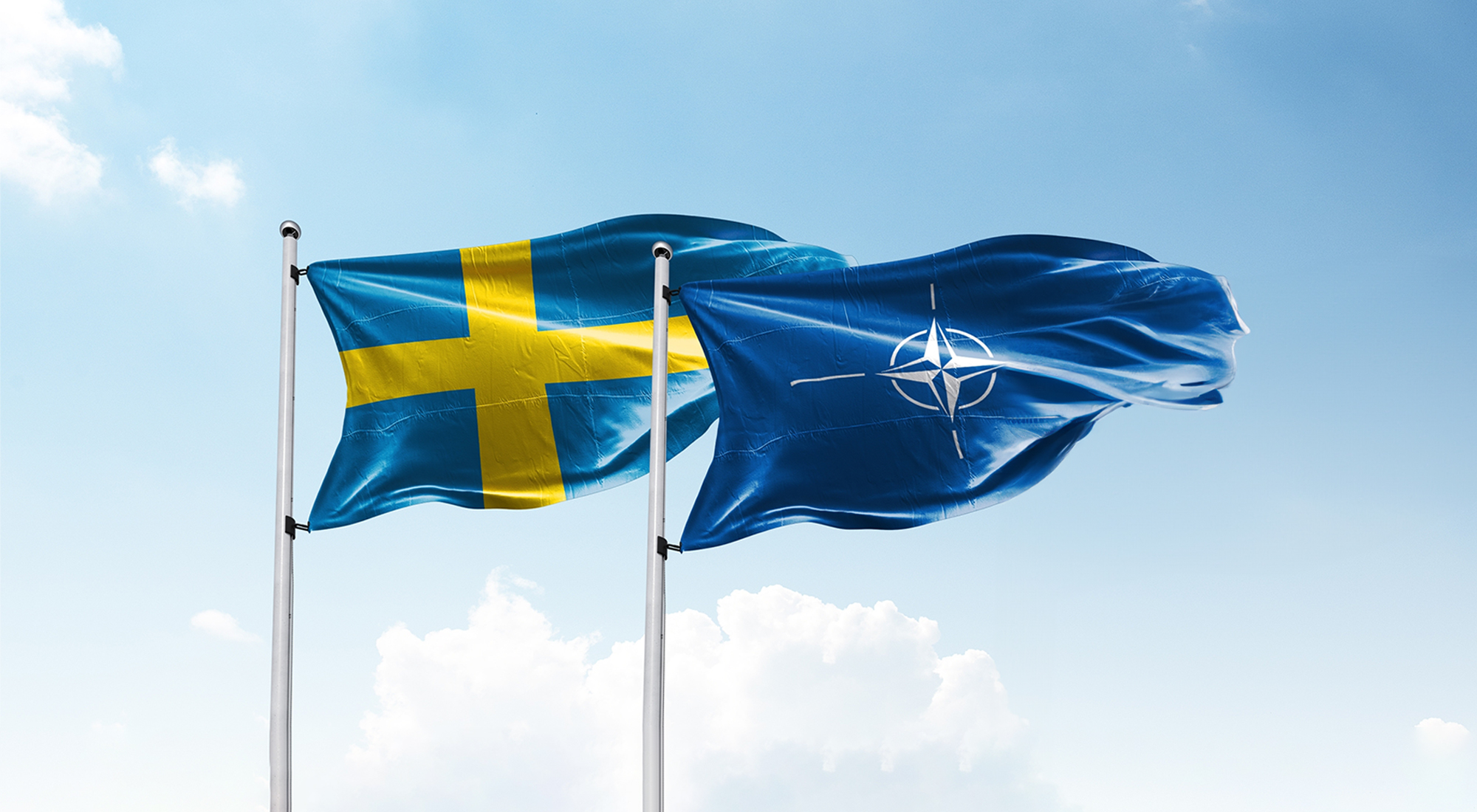A new study was released by TRENDS Research and Advisory under the title “Sweden’s important future in NATO”. The study provides an in-depth analysis of Sweden’s decision to join NATO on March 7, 2024, and assesses its impact for the country’s future and Europe’s security.
The study, which was prepared by Giorgio Cafiero, CEO of Gulf State Analytics, USA, provides a comprehensive analysis of the factors that led to Sweden’s decision to join NATO, including the change in the European security landscape. It notes that Russia’s annexation of Crimea in 2022, its invasion of Ukraine in 2022 as well as perceived Russian threats have led to an increasing conviction by the Swedes that their country’s security requires NATO membership. It notes that Russian behavior in Ukraine raised concerns among Swedes that Russia may take hostile action against Baltic countries, including Sweden. The decision also aimed to enhance collective security. Sweden believes that NATO membership would provide it with better protection against external aggression through the alliance’s collective deterrence, European solidarity and consolidating European unity in the face of Russia.
The study also discusses the challenges faced by Sweden during the accession, including the opposition of Türkiye and Hungary and giving up neutrality.
The study offers an optimistic assessment of the impact of Sweden’s accession to NATO, including enhancing NATO, deterring Russia, unifying Europe, and enhancing regional security in the Baltic. It will also help to protect neighboring countries, such as Finland, Estonia, Latvia, Lithuania and Poland.
The study concludes that Sweden’s accession to NATO constitutes a significant shift in the country’s foreign policy and reflects changes in the European security landscape. This shift is likely to have a deep impact on Sweden’s future and Europe’s security.



